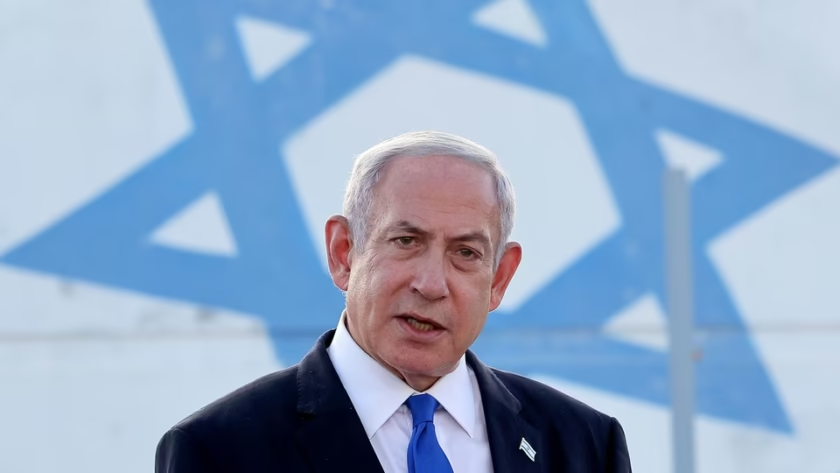Moscow: In a significant development, Russia and Pakistan have finalized a long-anticipated trade agreement that is expected to usher in a new era of industrial cooperation and economic growth. On Friday, both nations officially announced the deal, which involves the establishment of a state-of-the-art steel plant in Karachi — a project poised to generate billions in economic benefits for Pakistan.
The agreement was signed at a formal ceremony held at the Pakistani Embassy in Moscow. Seif Anjum, Secretary at Pakistan’s Ministry of Industries and Production, and Vadim Velichko, Director General of Russia’s Industrial Engineering LLC, were the signatories. Key dignitaries present included Pakistan’s Special Assistant to the Prime Minister, Haroon Akhtar Khan, and Ambassador to Russia, Muhammad Khalid Jamali.
What’s in the Russia-Pakistan Deal?
According to Dawn, a leading Pakistani daily, the agreement will revive and modernize the long-defunct Pakistan Steel Mills (PSM) and includes the construction of a new cutting-edge steel facility on 700 acres of land in Karachi. The advanced Russian technology to be used in the project is expected to reduce Pakistan’s reliance on steel imports by up to 30%.
Pakistan currently imports nearly $2.7 billion worth of steel and iron annually, with a supply-demand gap of over 3.1 million tons. The new plant is set to bridge that divide while also creating thousands of direct and indirect jobs.
Speaking on the occasion, Haroon Akhtar Khan stated, “This deal is a milestone in Pakistan’s industrial journey. It will not only revitalize local steel production but also offer large-scale employment and boost economic resilience.”
A Big Push for Pakistan’s GDP
The project is valued at $2.6 billion (approximately ₹22,000 crore), marking one of the largest foreign direct investments in Pakistan’s recent history. Experts believe the plant will enhance both domestic production and export capacity, contributing significantly to Pakistan’s GDP and strengthening its foreign exchange reserves.

The initiative is expected to generate massive employment in and around Karachi, particularly benefiting youth and technical professionals. The partnership is also seen as a catalyst for technological innovation in Pakistan’s industrial sector.
A Deepening Russia-Pakistan Partnership
The deal signals growing diplomatic and economic ties between Moscow and Islamabad. Pakistan Steel Mills was originally built in 1973 with assistance from the Soviet Union and began operations in 1985. However, due to mismanagement and financial losses, it ceased functioning entirely in 2015.
This agreement follows recent collaborations in the energy sector, including the Pakistan Stream Gas Pipeline and crude oil supplies that began in 2023. Russia’s Deputy Prime Minister recently stated that Pakistan is a “natural partner” and that bilateral trade ties have entered a phase of accelerated growth.
Regional Implications and Strategic Realignment
The deal comes at a time of shifting regional geopolitics. Following India’s Operation Sindoor against cross-border terrorism, tensions between India and Pakistan have flared up. Some analysts suggest Russia’s overture to Pakistan could complicate its traditionally close relationship with India. However, Russian officials have dismissed claims that this agreement signals any weakening of its ties with New Delhi.
As the deal takes shape, it may serve as a game-changer for Pakistan’s industrial revival and signal a bold new chapter in Russia’s South Asian diplomacy.









